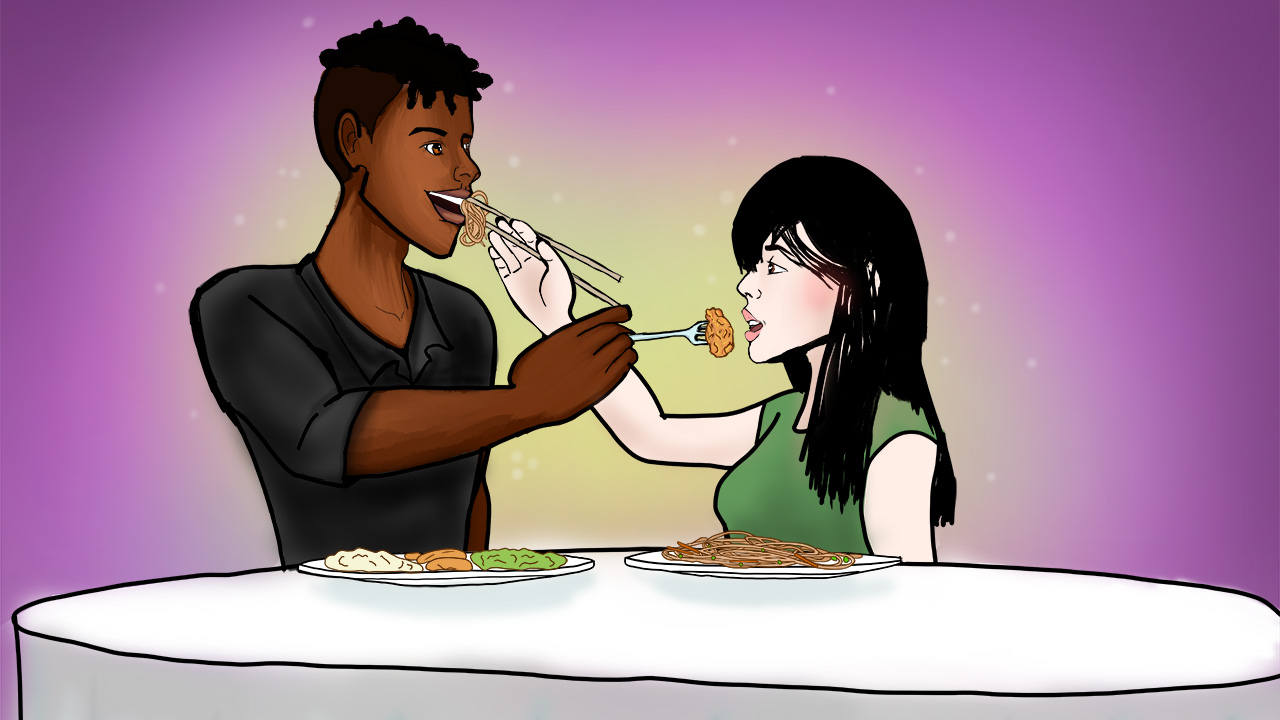Food as a bridge to acceptance
 CREDIT: CALEIGH REID
CREDIT: CALEIGH REIDThe cuisines of foreign countries can become a warm association that breeds tolerance and acceptance.
Fanshawe College, and London as a whole, is comprised of a wealth of cultures, ethnicities, and identities. When such large numbers of people gather, intolerance or a lack of understanding is nearly guaranteed to occur. The rapidly shifting state of global politics, such as Russia’s invasion of Ukraine, has led to the mistreatment and mistrust of uninvolved individuals. Despite that trend, there is one force that repeatedly tramples cultural barriers, overcomes systemic hate, and breezes by intolerance: food.
Food doesn’t require extensive knowledge and it transcends the barriers of language. While it can often have deep ties to cultural or religious tradition, those elements are not necessary to revel in the simple pleasure of a delicious dish. Restaurants serving the world’s many cuisines have risen to satiate the ever-evolving palette of London.
Look no further than the humble bowl of pho. It is seen by many as one of the pinnacles of cheap eats. Rich pork broth, simmered with an intoxicating blend of spices, meets springy rice noodles, crunchy bean sprouts and, often, a healthy portion of spicy sriracha sauce. It is beloved by many and only growing in popularity, despite the western portrayal of Vietnam during and after their war with America.
For some, all they knew about Vietnam was what they had heard in history class, and for others, nothing at all. It is a relatively small island country with little cultural impact on North America. Pho was a paving stone in the reinvention of the western view of the country.
A more recent example would be the way shawarma has helped to shape London’s food scene and brought Middle Eastern cuisine, and the culture that comes with it, to the spotlight. For years, the public image of many countries, often with no connection to terrorism in any degree, was marred seemingly irreparably. Now, a simple grilled meat dish smothered in creamy tahini and mouth-watering garlic sauce brings a new perspective to many who only knew a false face that never represented those countries.
The simple truth is people associate entire countries with what they see the most.
The pivotal role that cultural cuisines can play in acceptance isn’t lost on the Fanshawe Student Union’s Oasis team on campus.
Michael Wong, who handles many of the decisions regarding what foods are included at Oasis, said, “We get feedback from students. If it’s something I can do, or my team can do, we definitely will.” This year, his team made the change to exclusively use halal chicken, which was requested by many students, as well as their supervisors. They have found that both domestic and international students have loved the change.
Wong also spoke about the value of international students learning about Canadian culture and bonding with those around them by trying standard Canadian food.
“We have a lot of students from India, and they love their poutine,” Wong said, while smiling as he looked towards his team. Oasis will continue to expand their cultural reach, and only time can tell the impact that will have on acceptance within Fanshawe.














